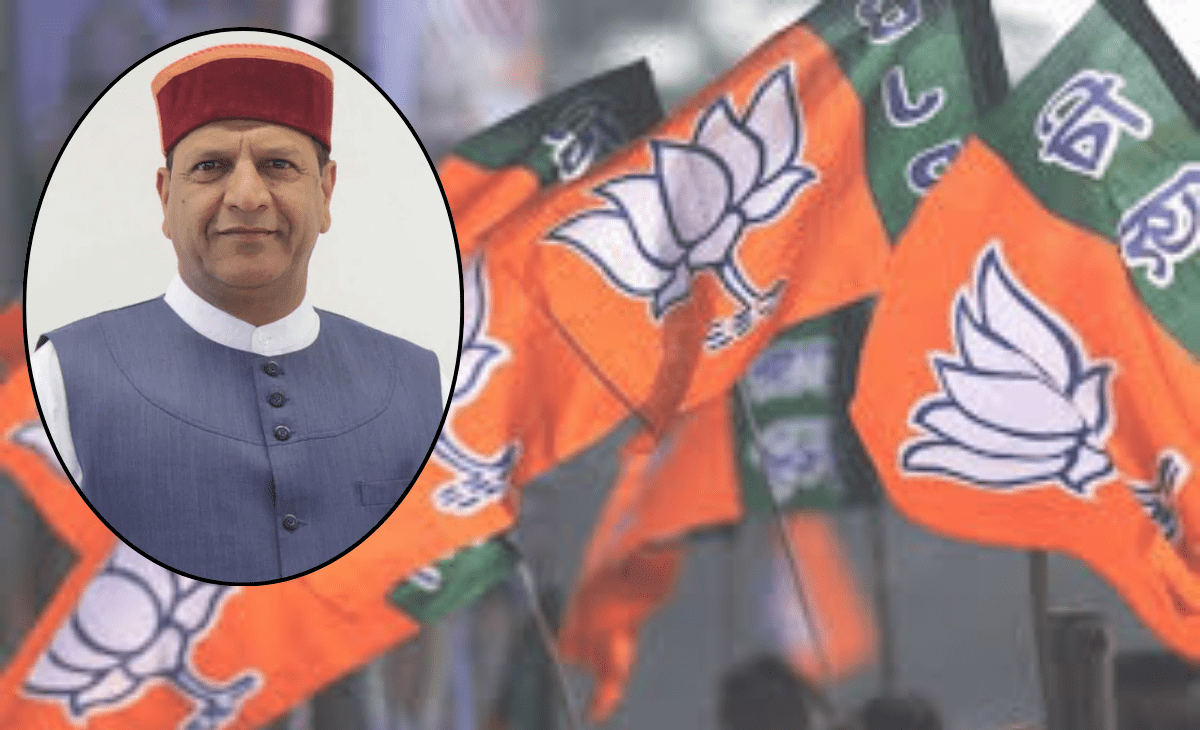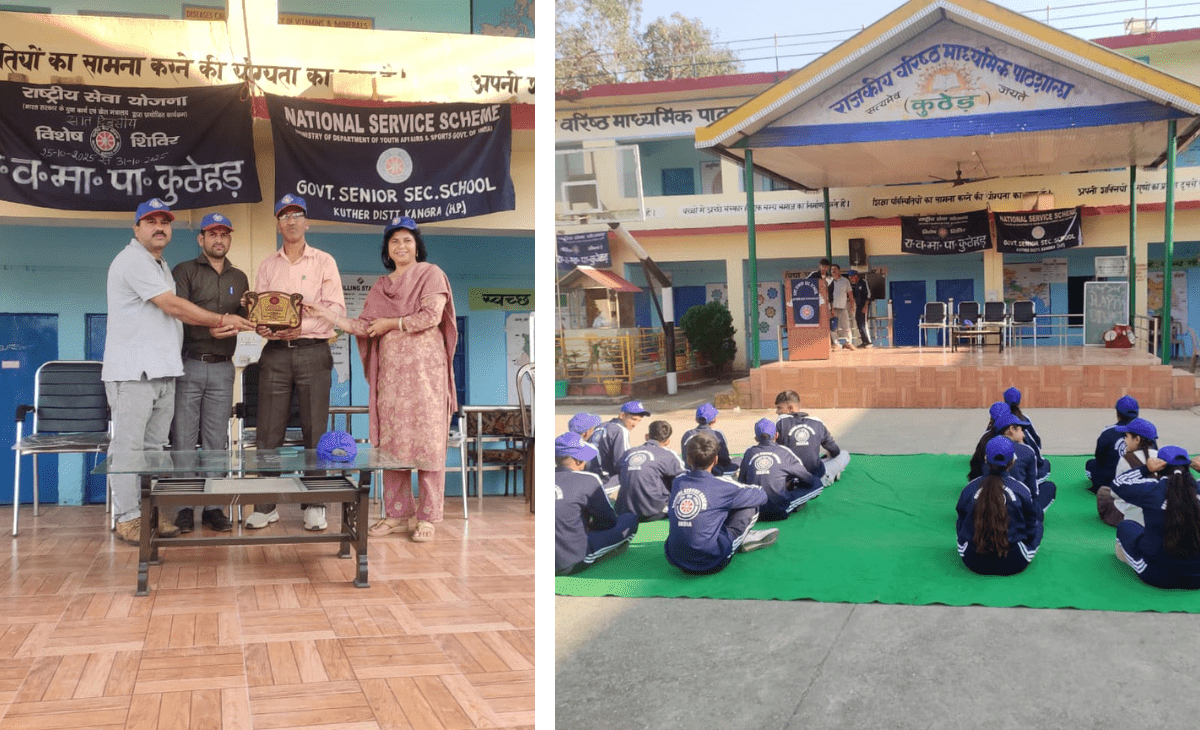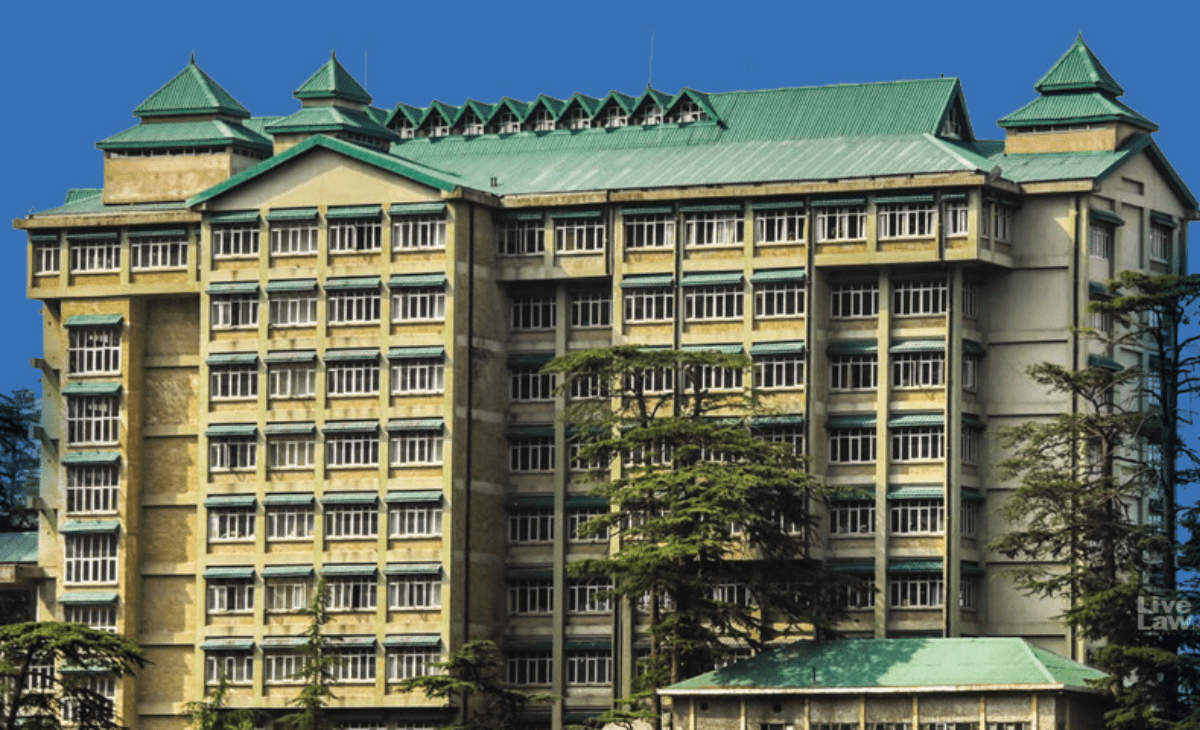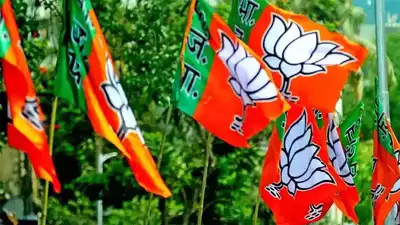S Gopal Puri
Shimla: In a strategic pivot ahead of the next state assembly elections, the Bharatiya Janata Party (BJP) in Himachal Pradesh has excluded Muslim representation from its newly announced team, sparking debate and speculation over its electoral calculations.
The Himachal BJP, led by Dr. Rajeev Bindal, has made an unprecedented move by appointing a Sikh activist as head of the minority morcha—marking the first time a non-Muslim has been given this role. While it could yield clear benefits on paper, party insiders note that the truest electoral dividends will only be seen “on the ground.”
A senior journalist, Sanjeev Sharma, who has an experience of more than three decades said that strategically, constituencies like Nalagarh, Paonta Sahib, and Mandi Sadar—regions with significant Sikh populations—are believed to be BJP’s current targets.
“Sikh voters in these areas can tilt margins decisively, especially if they vote en masse,” he said adding that other seats such as Una (Sri Naina Deviji) and Haroli, which also witness considerable Sikh influence, are under consideration for similar outreach.
By contrast, the Muslim electorate in Himachal remains a small bloc. Though their absence may have cost BJP votes in the last election, their numbers alone are unlikely to swing results decisively. Analysts agree that while districts like Churah and Dalhousie have relatively higher Muslim populations, their electoral influence remains limited.
Still, the BJP appears confident in this realignment. “They see short-term gains by consolidating Sikh support,” said an election strategist. “Longer-term returns, however, will depend on how Congress configures its own minority outreach.” In the 2022 Assembly elections, the state was tightly contested—BJP lost by less than one percent in vote share, though the Congress won 40 seats to BJP’s 25.






